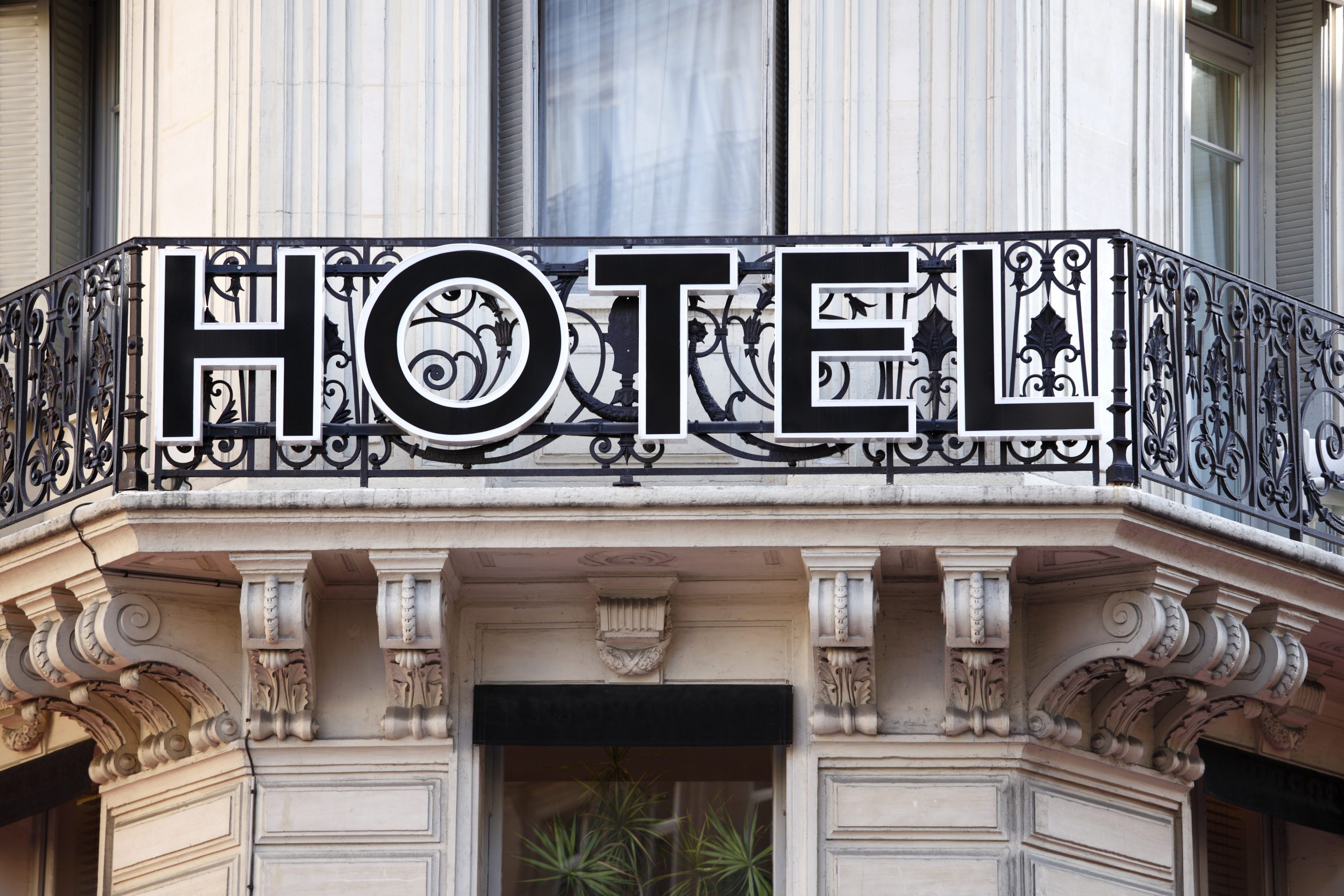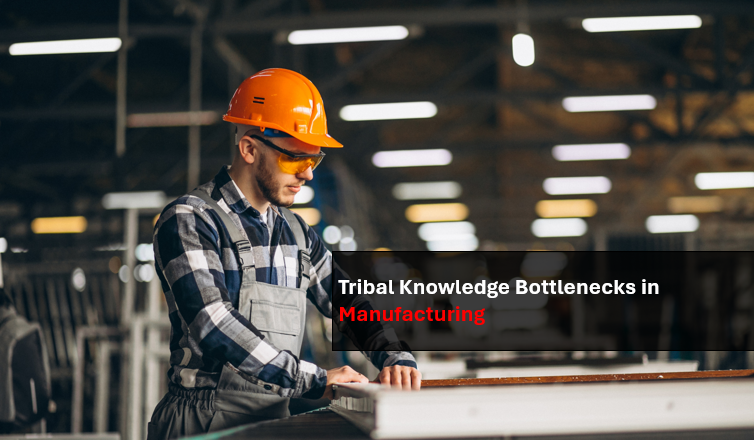The unequivocal goal of the hospitality industry is – ‘Customer Satisfaction.’ Many businesses offer unmatched services that keep the customers happy and satisfied. But it comes at a high cost. Businesses end up dedicating huge chunks of resources for administrative tasks such as record keeping, billing, coding, or simply moving data from one system to another.
This is where hyper-automation helps. Hyperautomation is the orchestrated use of multiple tools, platforms, and technologies such as Artificial Intelligence (AI), Machine Learning (ML), Intelligent Document Processing (IDP), Robotic Process Automation (RPA), etc. to streamline the processes and make them more efficient and effective.
But how exactly can hyper-automation reform a dynamic industry like hospitality? Let’s find out.
Quicker handling of customer requests
When a customer sends an email or calls with a query, 9 out of 10 times, they need to wait in line for a response. This can take a toll on the customer experience. A long waiting or response time can even cost a sale for you.
Enter chatbots. This intelligent answering machine has become a key tool in the hospitality industry. It processes customer emails and chats for queries, analyzes them, and provides an apt reply to them in case they are solvable instantly. If not, the chatbots transfer the queries to a human agent (who is now free due to less volume of requests to respond.
Slush, an entrepreneur event organization, integrated chatbots into their website and handled 64% of all their customer support requests.
Streamlined Booking Process
A smooth and swift booking process is what every customer yearns for, especially in the travel sector. At the same time, they also look for huge discounts and value for money services for the money spent. Unfortunately, all these needs have turned into a nightmare for hotels, especially if they manage the booking on their own. For instance, the recent COVID-19 situation led to frequent cancelations of the bookings. Providing refunds to these customers, finding alternate customers to fill the room, etc., was never easy.
With rule-based configuration and intelligence-based programs, all the manual repetitive tasks such as bookings and cancelations can be automated. The system also facilitates immediate refunds after cancelation.
Improved Hotel Tasks Management
A customer at the hotel always requests something from the first hotel staff they meet. There are high chances that the hotel staff they met may not be the right person for the task or the service doesn’t come under their job description. The staff might direct them to the right person but may not communicate the requirement correctly to them, leading to customer dissatisfaction.
This can be easily resolved with a hotel task management system. If a task is assigned to the wrong staff, all they have to do is enter the details instantly into their task management software on a handheld device. The automated rules and alerts will notify the concerned person or department, thus generating a quick response to the customer’s request.
Better Customer Feedback Management
Customers usually submit online reviews when they experience something negative with a brand. Since potential prospects look into the recent reviews, which are easily accessible these days at various platforms, there are high chances that you might lose a sale if there are abundant negative reviews or if they are not resolved/answered instantly.
Most hotel task management systems have an in-build automated feedback management system. Whenever a new negative review comes up, the task is automatically assigned to the customer care team, who will take action and respond to the review within no time.
For a deeper dive into how automation can specifically benefit the financial leadership of hospitality enterprises, check out our blog on how CFOs can benefit by automating back-office operations.
Easy and Contactless Check-in/Check-out
The COVID-19 situation has raised the need for contact-free services, and the customer too expects and prefers a contactless experience today. With an automated check-in software, customers can get into their room by just showing up at the hotel with their smartphone. This means no more waiting at the front desk to get the keys. It also allows the hotels to lower their staff, which reduces their overall cost.
Conclusion
All the 5 benefits of hyper-automation discussed in this post immensely benefit the hospitality industry as managing a business becomes more efficient and cost-effective. With hyper-automation, business owners can shift their entire focus from repetitive data-oriented tasks to more critical tasks that help them to offer excellent customer service.
If you are interested to learn more about this disruptive technology, take a look at 6 Key AI Trends in Hospitality – Where the bots are winning . Alternatively, you could also explore Tackle the Post-Pandemic Business ‘New Normal’ with the Power of Intelligent Automation.
If you’re interested in exploring Intelligent Automation to enhance your customer services and customer experience, Rapid Acceleration Partners would be glad to help. Our next-gen, AI-powered content intelligence platform RAPFlow enables full lifecycle AI orchestration on a single platform. When used in tandem with our RPA tool RAPBot, it provides end-to-end workflow automation capabilities that can be deployed in just weeks. You can even build your own use case and the platform can easily integrate with your existing systems. Book a demo to get a more detailed understanding of how our products can transform your business.




